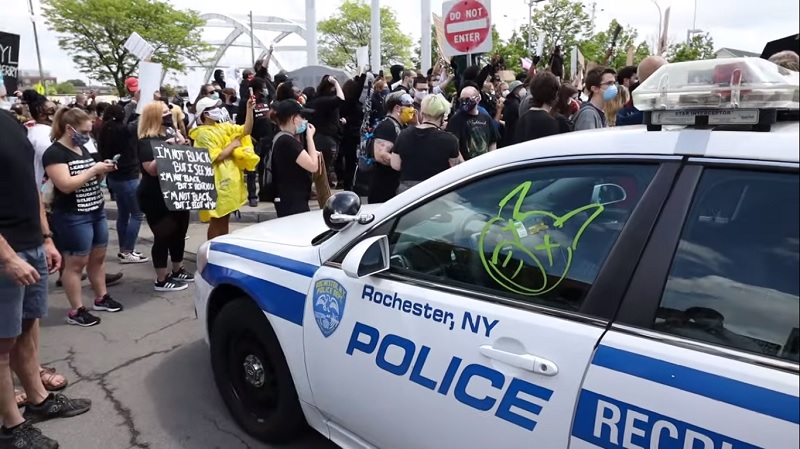

By Chief Joel F. Shults, Ed.D.
Racial diversity in police hiring has increased dramatically in the last generation of policing, including the ranks of police leadership. While the progress has yet to generally equal the diversity of the population served by their law enforcement agencies, key roles are more frequently being filled by women and minorities. This should be a cause for celebration but many minority chiefs have been lost in the calls for police reform amid charges of systemic racism in policing.
An undercurrent fueling the current antipolice movement is critical race theory. What was once the subject of ivory tower academic discourse has reached into mainstream thinking. The theory, at its core, views society through the lens of race with the underlying presumption that white supremacy and privilege are pervasive and racist. One apparent response to the perceived illegitimacy of white run institutions and culture would be to see people of color rise to prominence and influence in society and the economy. Ironically recent weeks has seen the toppling of women and people of color from police leadership when those persons would appear to be key to police reform.
Chief U. Reneé Hall, Chief of Police in Dallas, Texas is a black woman who heads one of the nations ten largest police departments. Whether current political pressures associated with allegations of police abuse impacted her decision to resign by the end of 2020, Dallas was not immune to controversy. Off duty officer Amber Guyger was convicted in 2018 of killing Botham Jean, a black man in his own apartment. Guyger reported that she thought Jean was in her apartment in the same apartment complex when in uniform and arriving home after her shift. Crime rates in Dallas were also rising under Hall’s tenure. A mass arrest of racial justice protestors also generated controversy.
Rochester, NY, police chief La’Ron Singletary announced his unexpected retirement in wake of the in custody death of Daniel Prude in March of this year. Although that death occurred before the George Floyd in custody death during an arrest by Minneapolis police, Prude’s case only recently became public.
Carmen Best, the first Black woman to lead the Seattle Police Department tendered her resignation in August of this year after the city council reduced her budget by nearly 4 million dollars, including reducing her salary, and eliminating 100 officers. Best was poised to preside over one of the nation’s most ambitious police reform efforts in the wake of massive civil disruption in that city. After the slashing of her budget and the vindictive appearance of cutting her salary, Best said “I’m done – can’t do it”.
Steve Anderson, the chief of the Metro Nashville Police Department is not black but Deputy Chief John Drake is. With Nashville’s own protest challenges it will be interesting if Drake’s influence will sustain his likely step into the chief’s chair. Another black police leader stepping into the top post is Milwaukee’s acting Chief of Police Michael Brunson, Sr after the demotion of Milwaukee Police Chief Alfonso Morales, a Latino. Questions about police use of teargas on protestors dogged Morales as well as dissatisfaction with his response to questions from Police Commission members about discipline and investigations. Latino Deputy Chief of Administrative Support Services Miguel Dominguez is serving as Acting Chief in Las Cruces New Mexico after Police Chief Patrick Gallagher came under criticism for eight arrestee deaths occurring under his two year tenure of this town of under 100,000 population.
As efforts continue to recruit candidates who reflect their community, the absence of role models who reflect racial and gender diversity is a setback to a core aspect of police reform. That these leaders are leaving their prominent areas of influence at a time when racial imbalance is a core issue of the day.